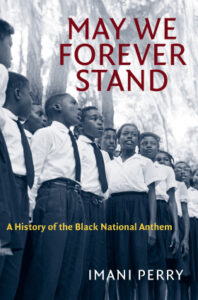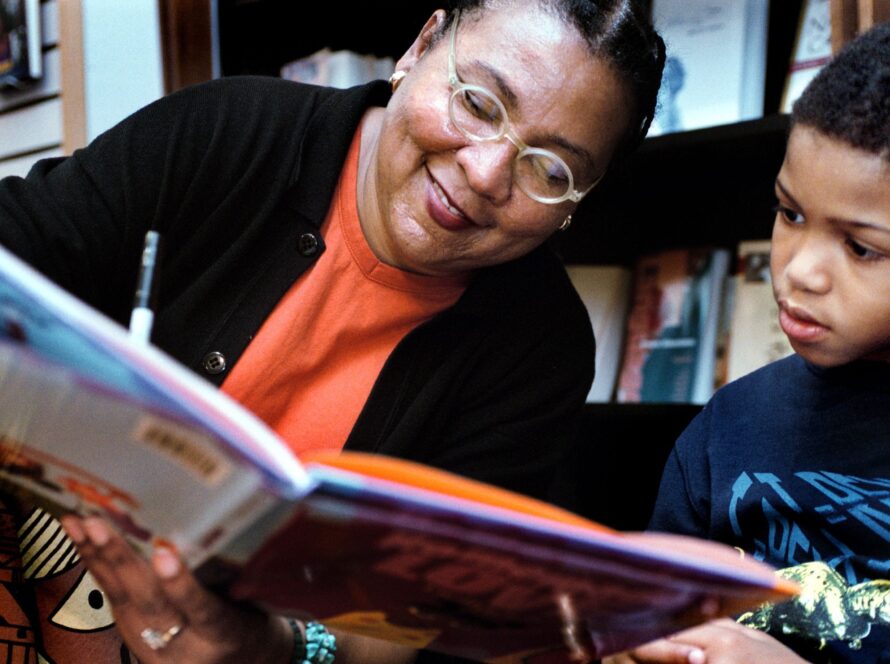Lesson 9 –
Psalm 22:23-31 NRSV
23 You who fear the Lord, praise him!
All you offspring of Jacob, glorify him;
stand in awe of him, all you offspring of Israel!
24 For he did not despise or abhor
the affliction of the afflicted;
he did not hide his face from me,
but heard when I cried to him.
25 From you comes my praise in the great congregation;
my vows I will pay before those who fear him.
26 The poor shall eat and be satisfied;
those who seek him shall praise the Lord.
May your hearts live forever!
27 All the ends of the earth shall remember
and turn to the Lord;
and all the families of the nations
shall worship before him.
28 For dominion belongs to the Lord,
and he rules over the nations.
29 To him, indeed, shall all who sleep in the earth bow down;
before him shall bow all who go down to the dust,
and I shall live for him.
30 Posterity will serve him;
future generations will be told about the Lord,
31 and proclaim his deliverance to a people yet unborn,
saying that he has done it.
Background
As you read this chapter in your own devotional period, you will notice that the chapter whirlwinds between hopelessness and thanksgiving. These may feel like opposite moods, but as we have learned in the last few months, great gratitude and great sadness can exist together at the same time. When have you felt this tension, this hot and cold, this joy and pain together?
Today’s lesson will focus on seeing what does not exist yet.
Read the scripture out loud together. Is there a time you encountered unexpected kindness recently? What happened and how did it work for you?
What’s happening during this passage?
In this specific passage, the writer is praising the Lord and inviting others into that same activity. The writer specifically gives the crowd directions, “praise him!” “glorify him!” “turn to the Lord!” Wrapped in this passage is a testimony that the Lord did “not hide his face from me, but heard when I cried to him.” There is a vision for “the poor [who] shall eat and be satisfied.” Dominion is something that belongs to the Lord, who alone “rules over the nations.” The writer ends with a reminder that all will bow. “Future generations will be told about the Lord” and even more, they will “proclaim his deliverance to a people YET unborn.”
Who is the writer speaking to?
We do not completely know who the intended audience is, but the text itself names a few audiences. There is absolutely overlap:
To my siblings
You who fear the Lord
Offspring of Jacob
Offspring of Israel
The Great Congregation
The Poor
All the families of the nations
Future generations
According to Rolf Jacobson, the “choir swells and swells, grows and grows, expands exponentially.” Jacobson argues that the intentional naming of all these people is a way to form “the great congregation,” one that is a “big-tent choir.” Jacobson argues that there is also a sense that this is a call to everyone, even non-Israelites. In other words, it’s not just “descendants of Israel who are exhorted to praise the Lord; it is all living people from every nation.” This theme of communal praise that defies societal norms and boundaries is a consistent one both in the Old Testament and the New Testament. This is not the first or only time that everyone is invited into the project of praise. For a praise that includes even the sea monsters, check out Psalm 148!
What kind of genre is this psalm? What does it sound like?
This psalm is full of futuristic language. It envisions a world where deliverance will come to a people yet unborn. There is a vision of future generations, which is difficult to do when you’re in the middle of chaos and destruction. This language mirrors some of the aspirations we name during baby dedications. “May this child never know the sting of war or racism; may this child grow up where they can be loved and appreciated.” We speak visions over moments we do not see. We say, “We Shall Overcome” or “We Gon’ Be Alright,” or “Every little thing is gonna be alright!” Not because we know it or see it, but because we are speaking things that “be not as though they were.”
What questions do you still have of this scripture? How will you commit to journeying with this text this week?
Connection to Today’s World

The structure of this week’s passage very closely resembles the format of The Black National Anthem. Consider how each verse holds together the tension of joy and lament, history and future, rage and hope. These ideas come together in sets more than we think. Originally, Lift Every Voice and Sing was a poem. It was first performed by 500 Jacksonville schoolchildren in honor of President Lincoln’s Birthday in 1900. 121 years later, there have been many renditions of the song, but it remains a staple for Black gatherings and functions. Strangely, there have been talks about singing this song at football games alongside the American anthem. But to do so would be to commercialize the radical roots of the song and its meaning for millions of Black Americans (and other Black people globally). Where do you stand on this? What would you feel if you heard our anthem playing before a football game? For more on this story, read Imani Perry’s May We Forever Stand, a history book about the Black National Anthem.
Journal: If you could communicate with someone 100 years from now (in the past or future) in your family, who would it be? What would you say? What would you ask?
Closing: Listen to “Worship the Lord,” Walter Hawkins and the Love Center Choir.
Make a joyful noise, all ye people;
Sing a song to the Lord,
Of His goodness and His mercy,
Of His faithfulness and love.
Worship the Lord, let’s praise His holy name;
Worship the Lord, let’s magnify His name.
Prayer:
Dear God,
We thank you for giving us the gift of making us Black. We are surrounded by beauty, ingenuity, vision and creativity. During this Black History Month, we give you praise for all the stories of Black people being exactly who you have called us to be. May the obstacles in our way be quickly removed, and never placed in front of someone else.
Sometimes we do not know what comes next. We don’t always know what it might look like to be free. But we thank you for the gift of radical vision and dreams that we have inherited.
We do not yet know what tomorrow will bring, but we know you will be there with us. There is no place we can go where your ears do not perk up.
In Jesus’ name we pray, Amen.
Works Cited
https://www.workingpreacher.org/commentaries/revised-common-lectionary/second-sunday-in-lent-2/commentary-on-psalm-2223-31-5
https://www.pbs.org/black-culture/explore/black-authors-spoken-word-poetry/lift-every-voice-and-sing/





